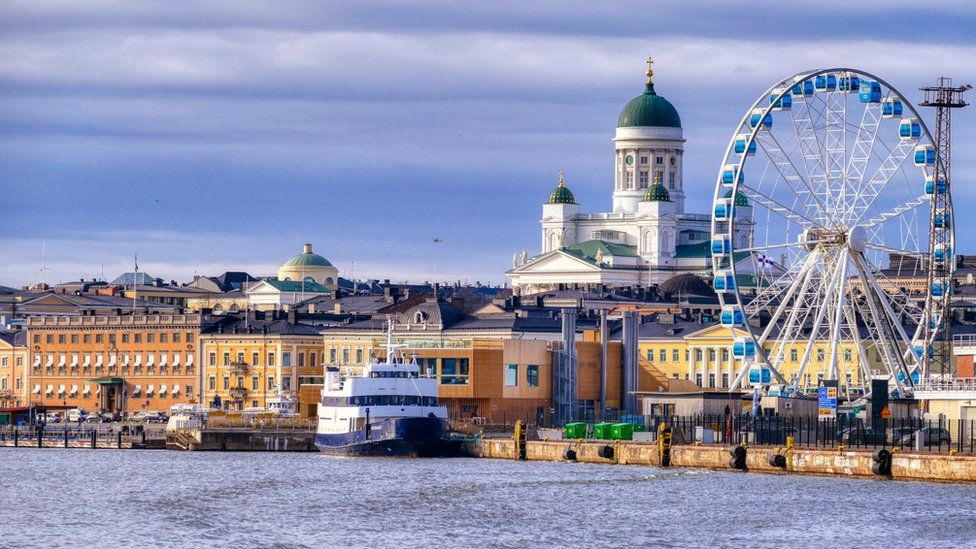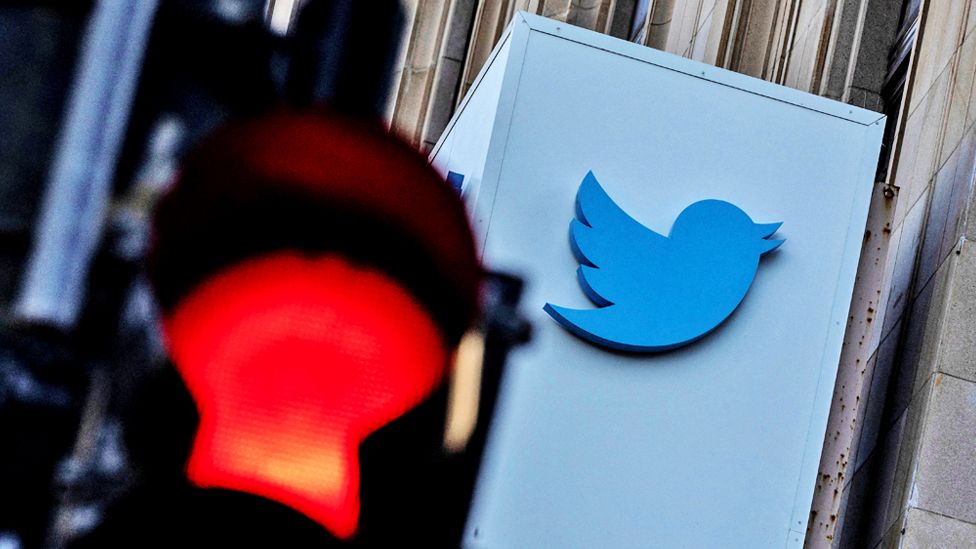Helsinki may not be at the top of the list when considering the cities in the world that are known for being centers of cutting-edge technology.
However, some of the most ambitious and prosperous game developers in the world call this relatively quiet northern European capital's streets, which are frequently covered in snow, home.
Helsinki, the location of notable game studios like Clash of Clans creator Supercell, and where Netflix has chosen to establish its first ever internal gaming studio, is where the first Angry Bird was flicked across the iPad screen. The streamer has stated, "Why Helsinki? It is home to some of the best game talent in the world.
Due to all of this, the Finnish capital is frequently referred to as the mobile gaming industry, which is currently estimated to be worth £120 billion to the global economy.
This raises the obvious question of how it came to have this reputation.
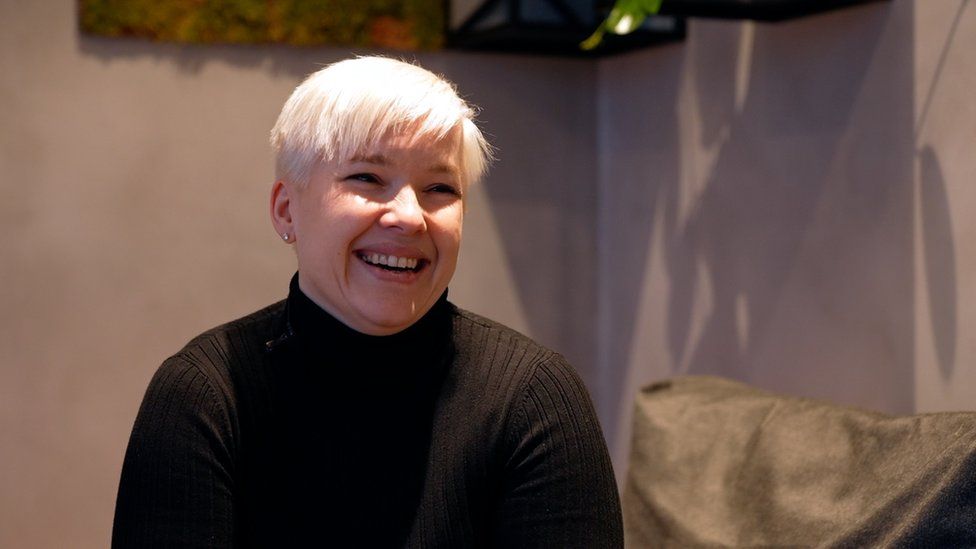
Finland wasn't regarded as one of the richest nations in the world in the 1980s and 1990s.
A large portion of the population was dependent on outdated computers. The limitations that came with that would support the "demoscene," a subculture in which programmers produced music, games, and art presentations that pushed the capabilities of the available technology.
Before Nokia came along, Finns had grown accustomed to getting a lot done with very little.
This foundation, according to Sonja Ngeslevä, CEO of Helsinki-based Phantom Gamelabs, is a major factor in the success of the games industry in the city today. "Nokia showed an example that we could build something big from here," she says.
Sonja is an expert in the Finnish games industry, having founded a new development studio, served on the board of the popular console developer Remedy Games, and created games herself. .
She claims that Nokia collaborated with the up-and-coming talent from the Finnish demoscene, which led to people "realizing we don't need to travel, we can do it ourselves from here" despite the city's lack of major games at the time.
The city's residents, who live in an area roughly the size of Glasgow, are well aware of its success in the gaming industry and are happy to discuss it in bars and coffee shops. It's obvious that politicians and other officials have also tried to profit from it.
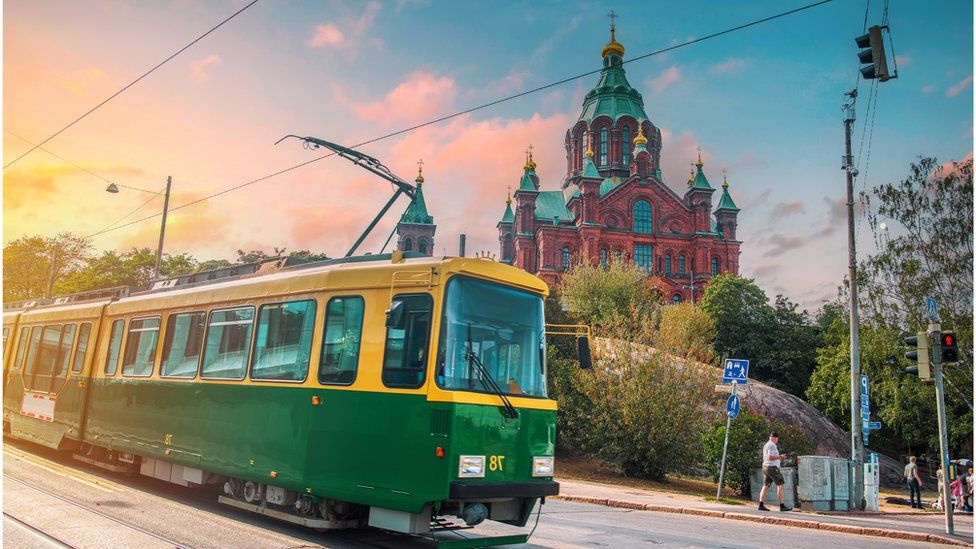
Finns have always been technology nerds, according to Sartita Runeberg, head of gaming at the technology infrastructure firm Reaktor.
Because of the local culture, we are free to try, fail, and try again. Many gaming companies got their start in this way because you can be much braver when you don't have to worry about failing. ".
The proper infrastructure is necessary for games companies to succeed. Many of the 200 game studios that operate here receive support from Reaktor in areas like company governance, marketing, and technology.
"We know we have the social security network to fall back on, so you don't have to mortgage your own house to set-up a company, and the government is very supportive of gaming companies," says Runeberg. Grants are simple to obtain, as are funds for proof-of-concept studies to determine whether new ideas are viable in particular markets.
Nobody wants to move to Helsinki, for example, so we need to give them a reason to do so. "The government has been motivated to get people to move here. ".
Thirty percent of the developers who reside in Helsinki's tram-lined neighborhoods have relocated there from other nations.
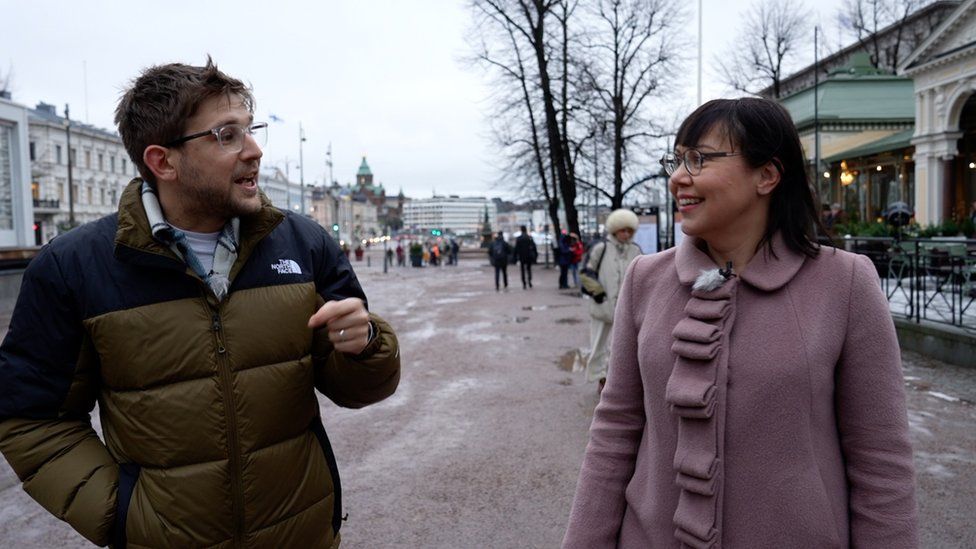
Helsinki's strategy to maintain its dominance in the gaming industry includes luring the best developers in the world, and Helsinki Partners does just that.
According to Johanna Huurre, director of strategic initiatives at Helsinki Partners, "all the companies recruit from abroad and they look for specific talent with expertise they need and they really go after them.". "They're from South America and Europe, and it's obvious that traveling between Europe, North America, and Asia is simpler. ".
Incentives for businesses and developers to locate in Helsinki are not particularly generous in terms of tax breaks or pay increases. According to Huurre, the sale is simpler than that.
"We have a good life here in Helsinki, which is known for its work/life balance," she claims. We have high expectations for our work, but we also value our free time greatly. As a result, we work quickly and effectively.
"Life is much simpler here, and since the pandemic, these soft values have taken on an increasing amount of significance. Many claim that because of our strong support system, lack of school-related anxiety, and lack of security concerns in comparison to other nations, we have fewer worries here. " .
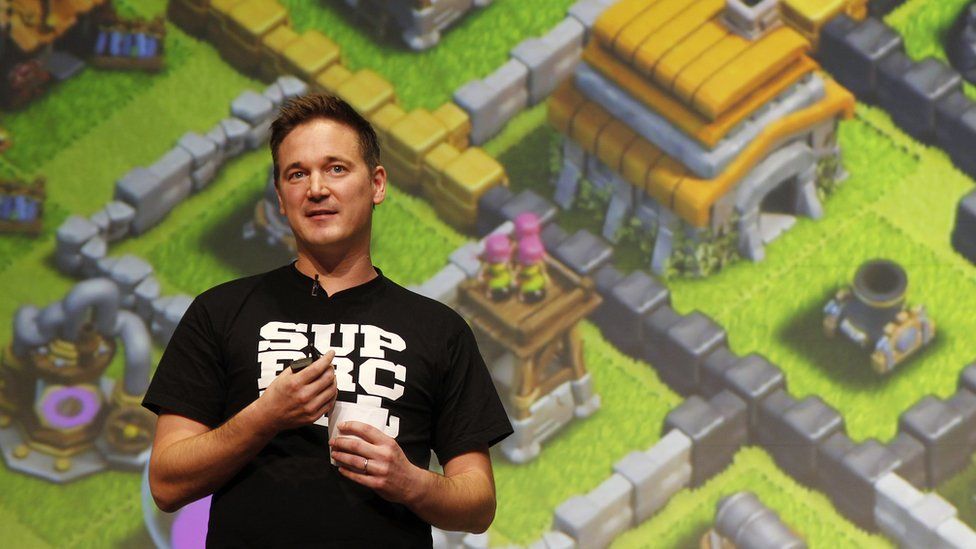
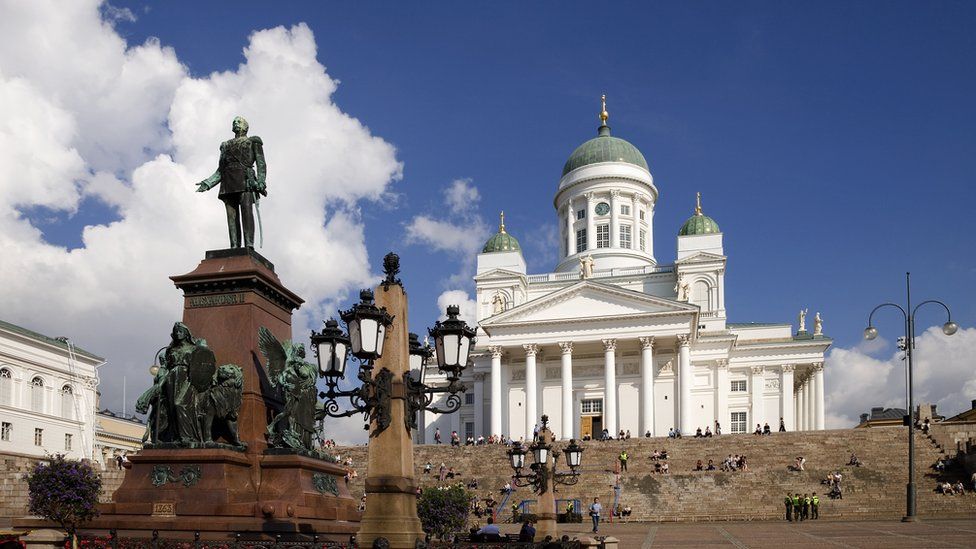
The combination of Helsinki's technological history, support from the government, and tenacious talent acquisition is effective. Helsinki's video game studios brought in £2.08 billion in 2022.
For comparison, the UK's games market, which is 12 times larger as a nation, was worth £4.7 billion to the UK economy during the same period.
Supercell is one of the major success stories of the Helsinki gaming community. The games developer, which was recently acquired by the Chinese company Tencent, is said to have a market value of $11 billion (£9 point 2 billion).
Stuart McGaw, who is in charge of the well-known mobile base-building game Clash of Clans, relocated from Scotland to work for the studio. As many other people do, he laughs, "I remember playing [mobile game] Snake on the Nokia 3210 growing up.".

After beginning his career at home, McGaw was persuaded to move his life to Finland due to the country's reputation in the games development industry. People in this area have heard a lot about the success stories of game developers, he claims.
He believes that the local population is more aware of the work of developers and respects the industry as a really important one for the future of the nation thanks to studios that are "punching above their weight for a country this size.".
Although other nearby cities won't be able to duplicate the Nokia legacy and skill set developed in the 1990s, there are valuable lessons to be learned that demonstrate how significant things can occur in modest settings.
Visit Press X to Continue for more gaming content. the gaming podcast from BBC Sounds.


